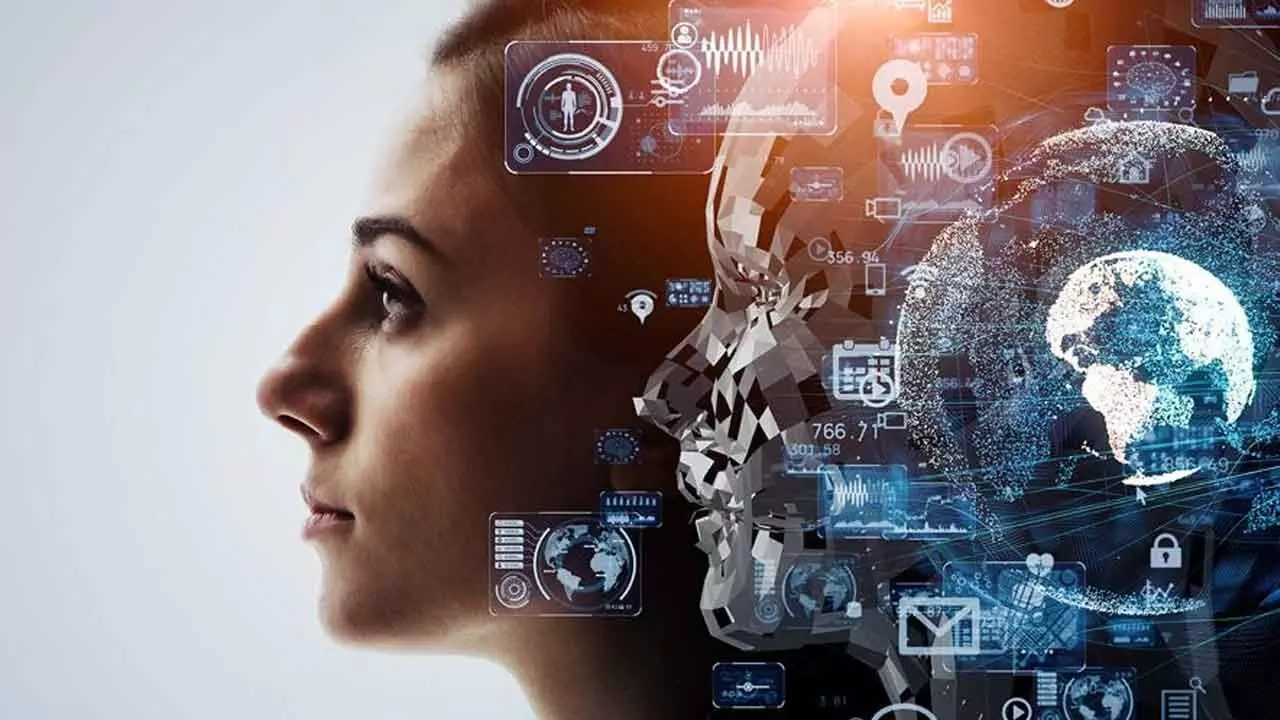Artificial Intelligence is no longer a futuristic concept—it's actively reshaping how we learn, teach, and interact with educational content. From personalized learning paths to intelligent tutoring systems, AI is making education more accessible, engaging, and effective than ever before.
The Rise of Personalized Learning
Traditional education has long followed a one-size-fits-all approach, but AI is changing that paradigm. Adaptive learning platforms now analyze student performance in real-time, adjusting content difficulty and presentation style to match individual learning needs.
These systems track everything from response times to error patterns, creating detailed learning profiles that help educators identify knowledge gaps and provide targeted support. The result is a more efficient learning experience where students spend time on concepts they actually need to master.
"AI-powered education isn't about replacing teachers—it's about augmenting their capabilities and providing tools that help every student reach their full potential."
Intelligent Tutoring Systems
Imagine having a personal tutor available 24/7, capable of explaining complex concepts in multiple ways until you truly understand them. AI-powered tutoring systems are making this a reality.
These systems use natural language processing to understand student questions and provide contextual, helpful responses. They can detect frustration or confusion through analysis of typing patterns and response times, offering encouragement or alternative explanations when needed.
Key Benefits of AI Tutoring:
- Instant feedback on assignments and quizzes
- Personalized learning pathways based on performance
- Adaptive difficulty that challenges without overwhelming
- Multimodal explanations (text, video, interactive examples)
Automated Assessment and Feedback
Grading and assessment have traditionally been time-consuming tasks for educators. AI is streamlining this process while providing more detailed, actionable feedback to students.
Advanced algorithms can now evaluate written assignments, coding projects, and even complex problem-solving tasks. More importantly, they can provide specific suggestions for improvement rather than just a score.
Enhanced Accessibility
AI is breaking down barriers to education through real-time translation, speech-to-text capabilities, and content adaptation for different learning needs. Students with visual or hearing impairments can access educational materials in formats that work for them.
Language barriers are also diminishing as AI-powered translation tools become more sophisticated, making quality education accessible to non-native speakers around the world.
The Future Classroom
As AI continues to evolve, we can expect even more transformative changes in educational environments:
- Immersive Learning Experiences: AI combined with VR/AR will create simulated environments for hands-on learning in fields like medicine, engineering, and history.
- Predictive Analytics: Systems that can identify at-risk students early and suggest interventions before they fall behind.
- Lifelong Learning Companions: AI assistants that continue to support learning throughout a person's career, adapting to changing goals and industries.
Ethical Considerations
As with any transformative technology, AI in education raises important ethical questions. Data privacy, algorithmic bias, and the digital divide must be addressed thoughtfully as these technologies become more integrated into learning environments.
Transparent AI systems that explain their reasoning and recommendations will be crucial for building trust among educators, students, and parents.
Conclusion
The integration of AI into education represents one of the most significant shifts in how we learn since the invention of the printing press. While technology will never replace the human connection at the heart of great teaching, it has the potential to make education more personalized, accessible, and effective for learners worldwide.
As we move forward, the most successful educational institutions will be those that thoughtfully integrate AI tools while maintaining the human elements that make learning truly transformative.

